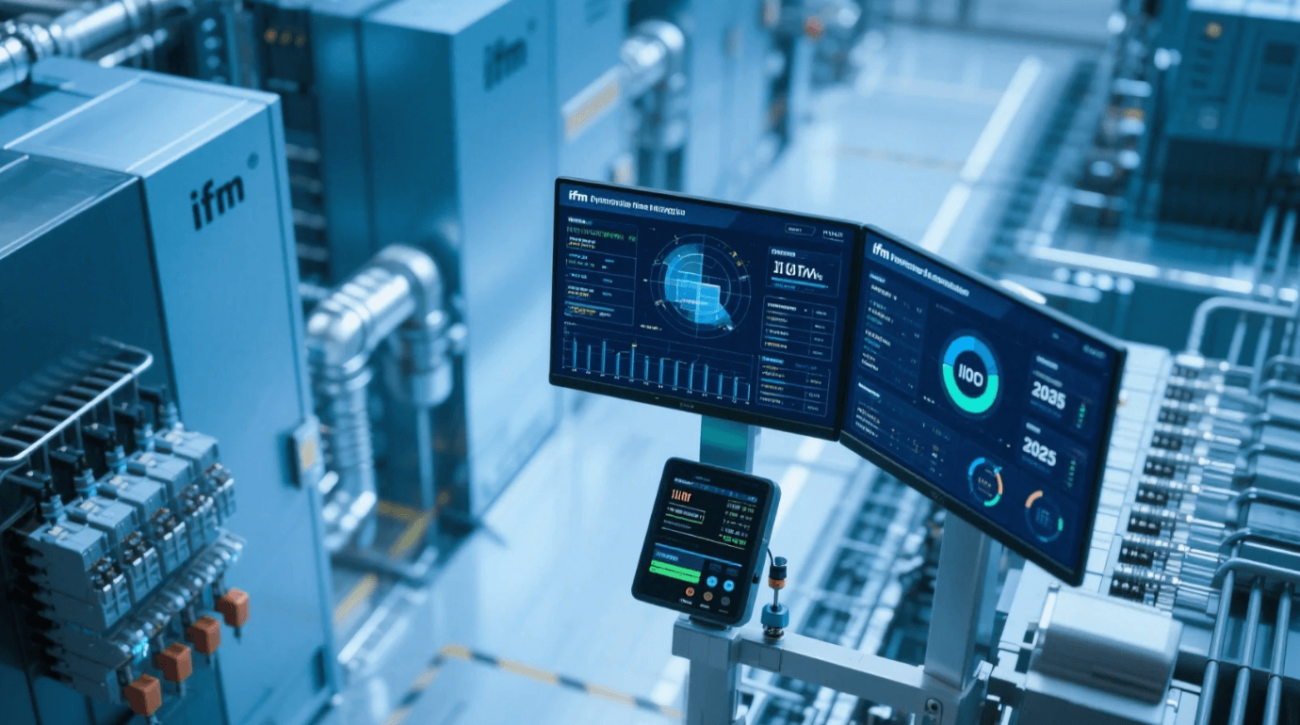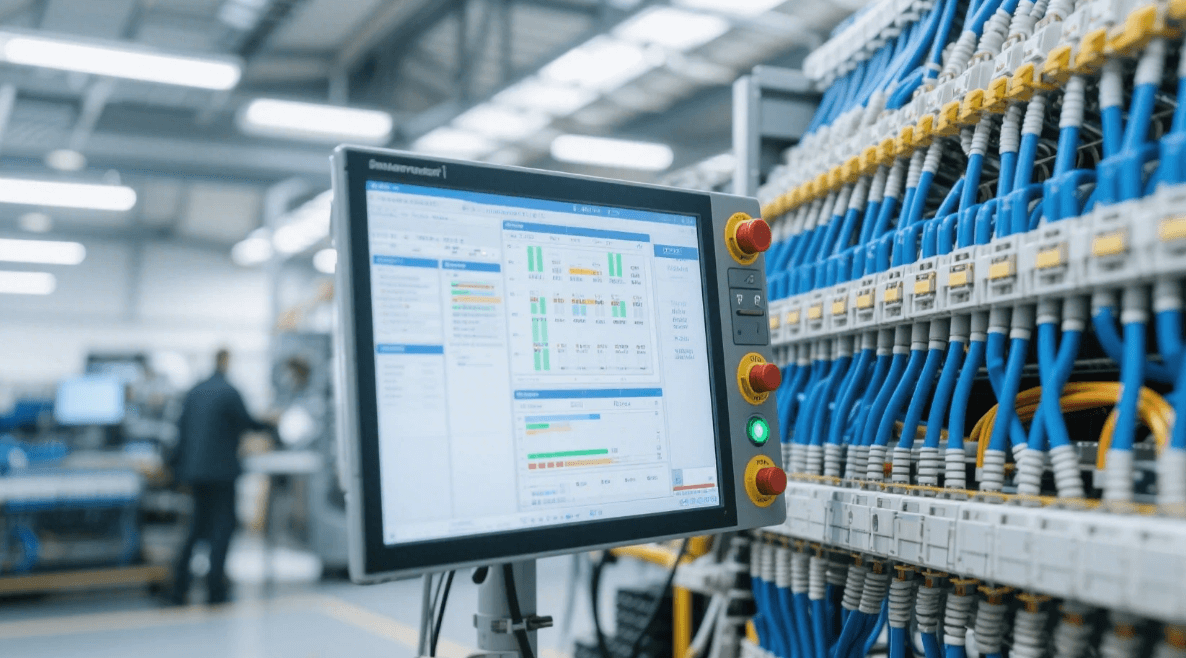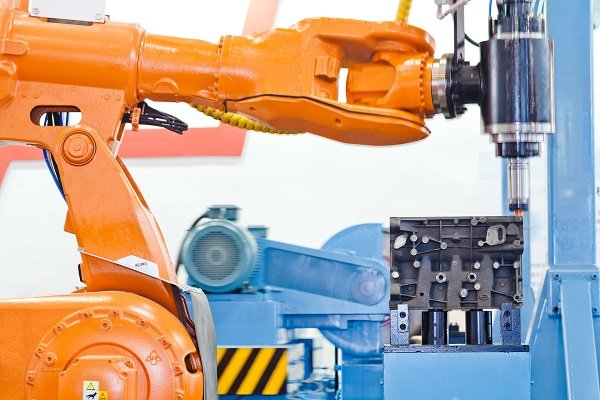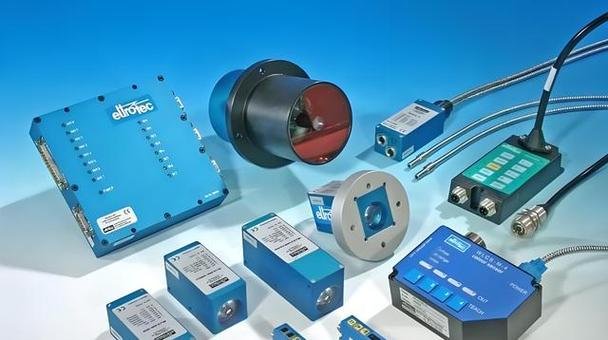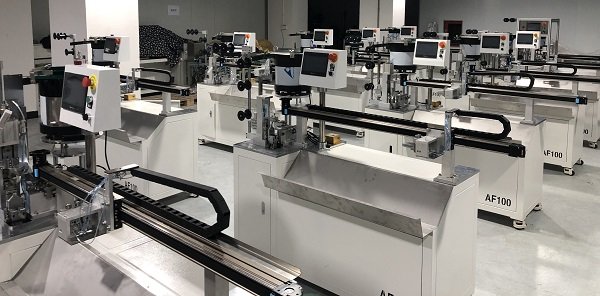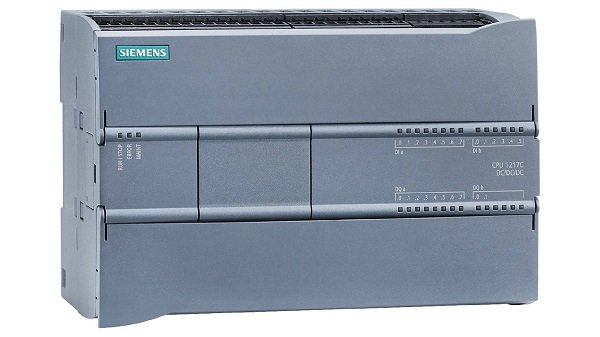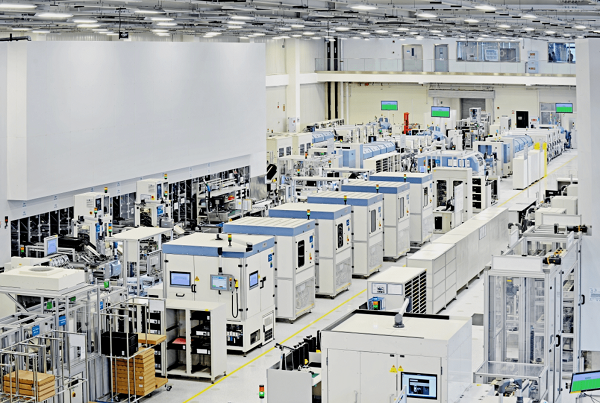The Modern Advantages of Custom Industrial Sensors: Precision, Efficiency, and Innovation
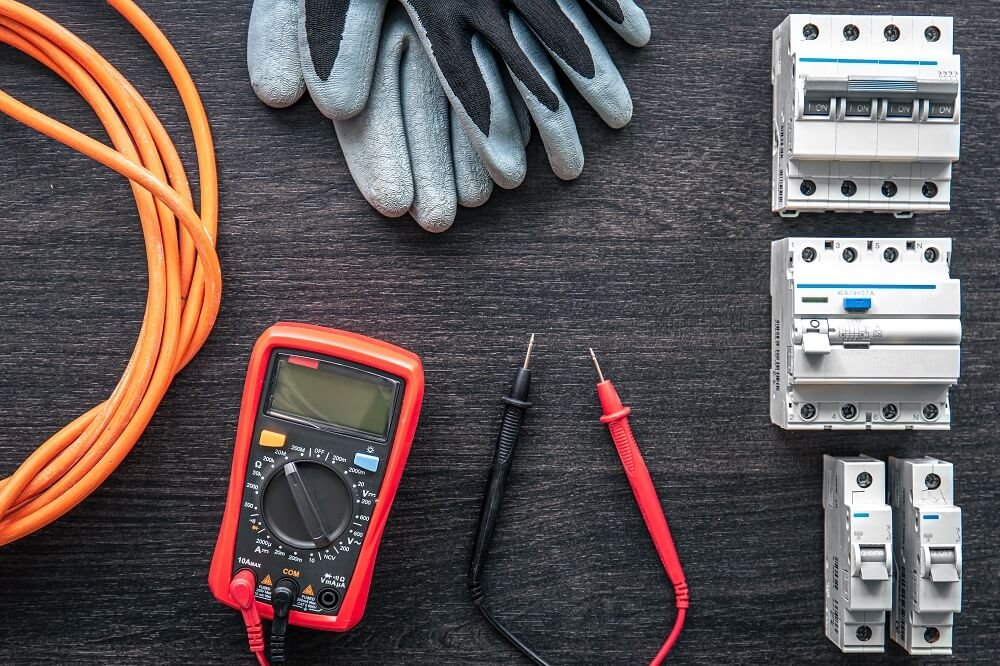
Introduction: The Power of Custom Industrial Sensors
In today’s fast-evolving industrial landscape, precision and efficiency are no longer optional—they are critical. Standard sensors may work for generic applications, but when it comes to optimizing performance, increasing accuracy, and achieving seamless integration, custom industrial sensors are the ultimate solution. Tailored to specific industry needs, these advanced sensors deliver unparalleled advantages, ensuring businesses stay ahead in a competitive market.
Let’s dive into the key benefits of custom industrial sensors and why they are revolutionizing industries worldwide.
1. Precision Tailoring: Designed for Your Unique Needs
Unlike off-the-shelf sensors, custom industrial sensors are built to fit exact specifications. Whether it’s extreme temperature resistance, ultra-sensitive detection, or specialized material compatibility, customization ensures:
- Optimized performance for unique industrial environments.
- Elimination of unnecessary features, reducing costs and complexity.
- Seamless integration with existing machinery and automation systems.
For industries such as automotive, aerospace, manufacturing, and healthcare, where even the smallest margin of error can lead to significant consequences, customized sensors provide an essential advantage.
2. Enhanced Accuracy and Reliability: No Room for Errors
Industries today demand absolute accuracy—and custom industrial sensors deliver just that. By tailoring sensor technology to meet specific requirements, businesses gain:
- Higher resolution and sensitivity, ensuring precise data collection.
- Reduced risk of false readings, minimizing downtime and errors.
- Consistency in extreme conditions, from high-pressure environments to corrosive atmospheres.
This level of precision is particularly crucial in robotics, automation, medical diagnostics, and energy production, where real-time, error-free data is vital for operations.
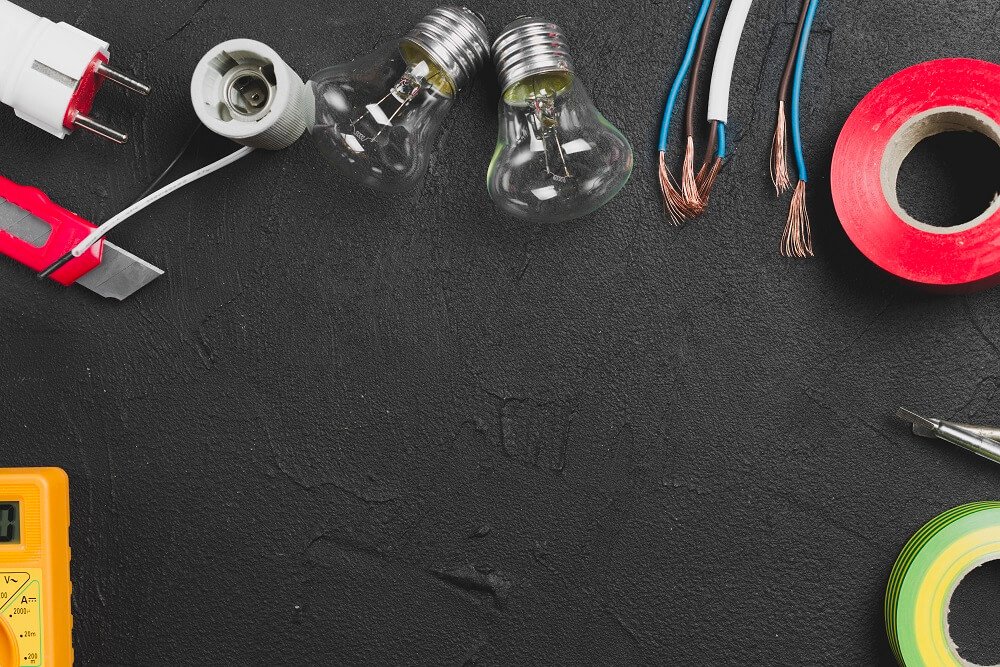
3. Improved Efficiency: Maximizing Productivity
Efficiency is the key to industrial success, and custom sensors play a crucial role in optimizing processes. Customization allows:
- Faster response times, improving real-time monitoring and control.
- Energy-saving designs, reducing operational costs and environmental impact.
- Integration with AI and IoT, enabling predictive maintenance and automation.
For sectors like logistics, smart factories, and precision agriculture, these advantages lead to higher output, lower waste, and increased profitability.
4. Cost-Effectiveness: Long-Term Savings with Tailored Solutions
Some may assume that custom industrial sensors are more expensive than standard options. However, in the long run, they reduce costs significantly by:
- Eliminating unnecessary replacements due to improper fits or performance issues.
- Minimizing downtime by providing more reliable, longer-lasting solutions.
- Enhancing production yield, ensuring every resource is utilized efficiently.
By investing in a custom sensor solution, industries cut waste, lower maintenance costs, and boost overall ROI.
5. Seamless Integration with Industry 4.0 and IoT
The industrial world is rapidly shifting toward Industry 4.0, where automation, data, and connectivity drive success. Custom industrial sensors are designed to integrate seamlessly with:
- Smart factory systems, enabling real-time analytics and remote monitoring.
- IoT devices, allowing centralized control over complex operations.
- AI-driven decision-making, improving predictive maintenance and operational foresight.
With tailored sensors, industries gain an edge in the digital transformation era, staying ahead with cutting-edge technology.
6. Extreme Durability: Built for the Harshest Conditions
Industries such as oil and gas, mining, and aerospace require sensors that can withstand brutal conditions. Standard sensors often fail under pressure, while custom industrial sensors offer:
- High-temperature tolerance, operating in extreme heat or cold.
- Corrosion and chemical resistance, perfect for hazardous environments.
- Shock and vibration protection, ensuring durability in high-impact industries.
This resilience translates to better safety, fewer failures, and longer-lasting equipment.
7. Competitive Advantage: Outperforming the Competition
Customization is the key to differentiation. By using custom industrial sensors, businesses can:
- Develop unique products and solutions, setting them apart from competitors.
- Enhance quality assurance, leading to higher customer satisfaction.
- Meet stringent regulatory and industry standards, ensuring compliance without compromise.
In industries where precision, reliability, and innovation define success, custom sensors provide a strategic edge that mass-produced alternatives simply cannot match.
Conclusion: The Future is Customized
In an industrial world that demands efficiency, precision, and adaptability, standard solutions no longer suffice. Custom industrial sensors offer tailored performance, higher accuracy, better integration, and long-term cost savings—empowering businesses to operate smarter, faster, and more efficiently.
If you’re looking to enhance your operations, boost productivity, and future-proof your business, investing in custom industrial sensors is the smartest choice. The future belongs to those who embrace innovation—and that future starts with customized sensor technology.
| Model:3570 B-3/8 |


